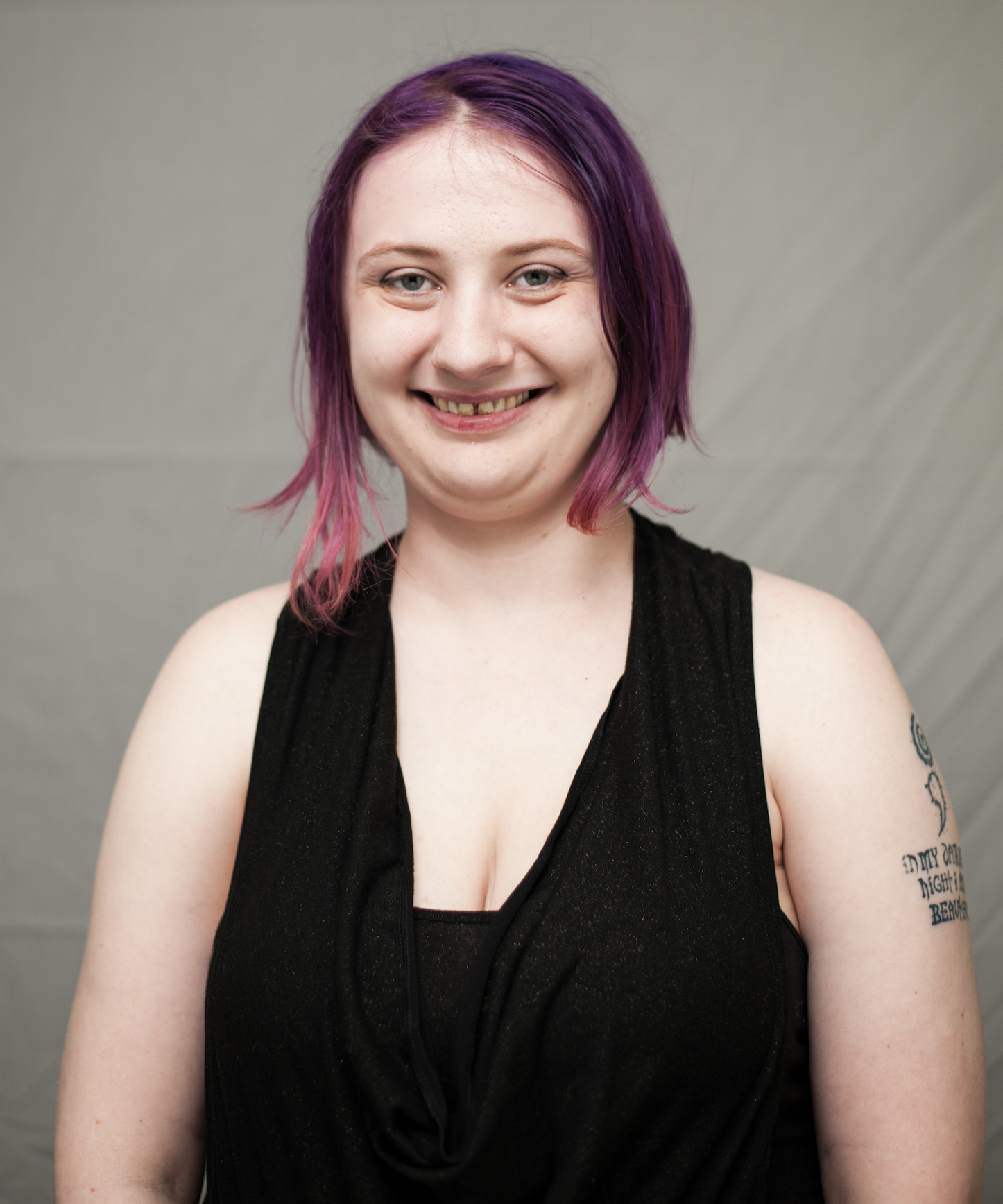I grew up believing I had learning disabilities—auditory processing issues, dyslexia, you name it—only to find out at 30 years old that I didn’t have any of it.
It was a three-inch, congenital brain tumor.
Like so many women, my symptoms didn’t ring alarm bells. I overcompensated for the diagnoses I thought I had: studying longer, trying harder, pushing through. I was high-functioning, high-achieving, deeply self-critical, and ready to prove anyone who underestimated me wrong.
It wasn’t until I lost feeling on the right side of my body—along with most of my friendships and any semblance of a career—that I finally sought help. My primary care doctor ran tests. Not so much as a dietary deficiency. I was referred to a neurologist, who ordered an MRI. Less than an hour after the scan, she called me. And I knew.
The tumor was leaning against the lateral wall of my left ventricle, so severely that my brain was starting to to herniate.
In that moment, I realized that everything I hated about myself—the forgetfulness, the fog, the overwhelm, the things I blamed on laziness—had a reason. Maybe even a cure.
That clarity brought a quiet kind of relief. The possibility that what I’d been fighting against my whole life wasn’t a character flaw, but a condition. Something (at least partially) removable.
In the years since, I’ve slowly rebuilt my life.
I regained the trust of friends and family. I got a job overseeing licensed titles at a division of Penguin Random House. And then I went back to school—this time, not to push through a diagnosis I didn’t have, but to become the therapist I once needed.
That’s why Divergently matters to me.
It’s a space where nuance is welcomed, not questioned. Where women like me—women who’ve masked, coped, achieved, and survived—can find community, tools, and a sense of belonging. A space where you don’t have to explain the backstory before you’re believed. Where the messiness isn’t a liability—it’s part of the magic.






.jpg)




.svg)

